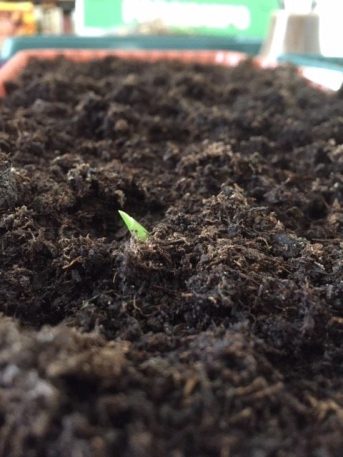I slipped up in a recent interview with Robin Fletcher, CEO of the Boarding Schools’ Association, when I was quizzing him about the work of SACPA, the Safeguarding and Child Protection Association, which is part of the BSA Group. I linked ‘safeguarding’ and ‘children’ in a question, and he quite rightly picked me up on this – safeguarding, after all, as he pointed out, is actually for everyone. Students at university, vulnerable adults, residents of care homes, a regular customer in the street … in fact, although we often associate the term ‘safeguarding’ with the (very stringent) laws around child protection, safeguarding is something we should all be doing, in whatever walk of life we find ourselves.
This was reinforced to me at the weekend, as I completed my annual safeguarding training for Abbotsholme School, on whose Advisory Board I sit, and whose new Head I knew from his time at Wellington College China – and who I personally think is fabulous. The topics covered in this training ranged from mental health and wellbeing to online safety, including radicalism and extremism; they covered child protection, of course, but the scope of the areas covered was really extensive. All school governors or directors complete safeguarding training, and it is important to recognise that this is not principally because they have personal access to children, but in part actually because safety of pupils, staff and the wider community is a really important risk factor in the operation of the organisation which needs to be mitigated and managed.
If this is the case in schools, then so it is the case in any organisation which has anything to do with people … which, let’s face it, is all of them, in some way or another. In fact, the more we think about it, the more we realise that every single company has some exposure to risk around safeguarding, and therefore some responsibility to minimise this risk through proper awareness and training. This starts at the top – I do wonder how approaches to customer and staff safety would shift – for the better – if company directors had to work through even just the schools-focused training I completed this weekend.
And I can tell you from experience that it is not possible to acquire a full understanding of safeguarding in a single training session, nor is it possible to develop a safeguarding culture through watching a set of slides. Safeguarding is a habit – a habit that must be deeply ingrained, constantly challenged, and perpetually embedded. The Safeguarding Lead at Abbotsholme, and her equally persistent counterpart at Chase Grammar (the two schools are part of the Achieve Education Group) live, breathe and adapt to potential safeguarding issues every single day – and because they do this, these issues are avoided or quickly resolved, keeping people safe. Safeguarding Leads in school often feel they have a thankless task, because their work is never done, but they possess such a wealth of knowledge about people – about keeping people safe – and such a lot to teach companies in other spheres of activity.
If we all take safeguarding seriously, then I can only imagine that the world will be a better and safer place. Safeguarding need not just be for schools.
Dr Helen Wright is a Board Chair, Education Advisor and Executive Leadership Coach who works with senior leaders and organisations across the world to challenge them and generate velocity around change.




